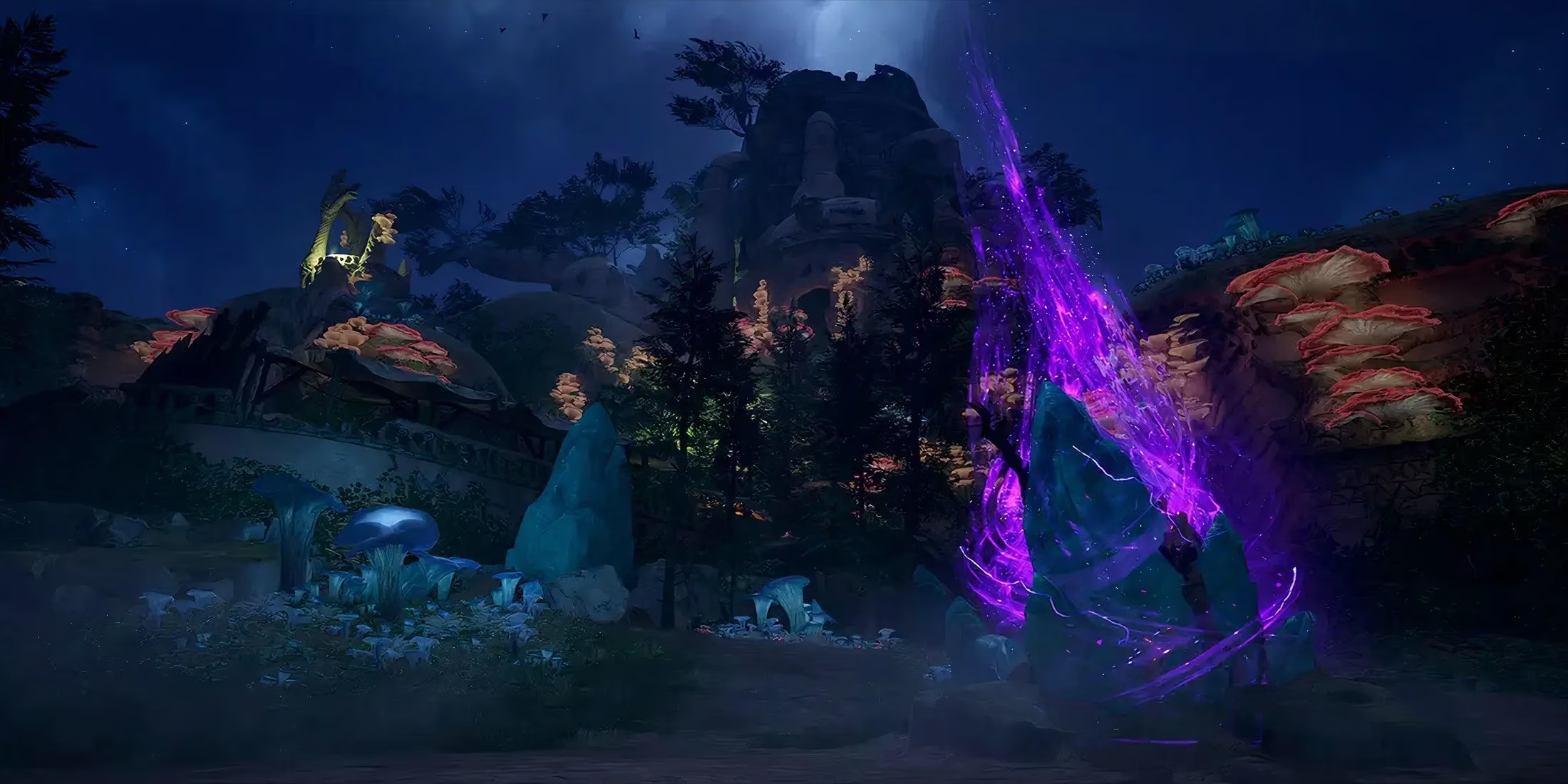As I wander through the Living Lands of Avowed, Obsidian's latest masterpiece, what strikes me most isn't just the towering Adra pillars or the spectral Dreamscourge threatening this untamed frontier – it's around the flickering campfires where the game's soul truly ignites.  Playing as an Imperial Envoy investigating this spiritually sickened realm, I've recruited four extraordinary companions: Kai the pragmatic scout, Giatta the lore-seeking scholar, battle-hardened mercenary Marius, and Yatzli the mystical shaman. Their expertise proves invaluable when raiding ruins or negotiating with arcane entities, but it's during campsite respites that they transform from combat assets into living, breathing people – much like how Arthur Morgan's gang felt in Red Dead Redemption 2.
Playing as an Imperial Envoy investigating this spiritually sickened realm, I've recruited four extraordinary companions: Kai the pragmatic scout, Giatta the lore-seeking scholar, battle-hardened mercenary Marius, and Yatzli the mystical shaman. Their expertise proves invaluable when raiding ruins or negotiating with arcane entities, but it's during campsite respites that they transform from combat assets into living, breathing people – much like how Arthur Morgan's gang felt in Red Dead Redemption 2.
These moments reveal Obsidian's storytelling genius. At camp, my companions don't just wait idly; they weave an intricate tapestry of banter and vulnerability. I've heard Kai tease Marius about his superstitions, Yatzli recount eerie folk tales under starlight, and Giatta passionately debate ethics with others after morally gray missions. Their exchanges aren't generic filler – they reference our shared adventures, react to my decisions, and even expose pre-existing relationships. When Marius quietly confessed his fear of failing his clan during a midnight watch, or when Giatta and Yatzli debated the ethics of Imperial intervention over stew pots, I realized these weren't NPCs but comrades with layered histories.
Obsidian masterfully channels Rockstar's campfire intimacy from RDR2. Remember how Dutch's gang felt alive through those organic, missable moments? Avowed replicates that magic: companions bicker over chores, share ghost stories, and reveal hidden fears through context-specific dialogues that trigger based on location, recent events, or even weather. After a grim battle in the Shatterscrape region, I found Giatta consoling Kai about fallen allies – a moment I'd never have witnessed if I'd rushed through camp upgrades. This attention to reactive storytelling makes them feel invested in our journey, creating bonds deeper than most RPGs achieve. 😌
🔥 People Also Ask
- Why do companion interactions matter so much in RPGs like Avowed?
They transform gameplay from mechanical questing into emotional journeys. When companions reference your past choices during camp chats (like criticizing a ruthless decision days later), it validates player agency and creates narrative cohesion impossible through cutscenes alone.
- How does Avowed improve upon traditional RPG companion systems?
By making interactions contextual rather than menu-driven. Instead of clicking dialogue trees, you overhear organic exchanges reflecting recent events – say, Marius complaining about swamp leeches after traversing boglands, or Yatzli humming cultural tunes near sacred sites.
- What techniques make Avowed's camps feel dynamic?
Obsidian uses environmental triggers: conversations shift based on weather, proximity to landmarks, or time elapsed since key story beats. Camp near ancient ruins? Expect debates about historical plunder. Rest during a thunderstorm? Prepare for ghost stories.
This living companionship system begs reflection: in an era of cinematic AAA spectacles, do we undervalue these quiet, human moments? Games like Red Dead Redemption 2 proved how campfire whispers can eclipse scripted explosions, and Avowed boldly continues that legacy. As I watch Kai stoke our campfire while Giatta sketches Adra runes in her journal, I wonder – will future RPGs recognize that true immersion isn't just about sprawling worlds, but the intimate connections forged between pixels and players around a virtual flame? 🤔